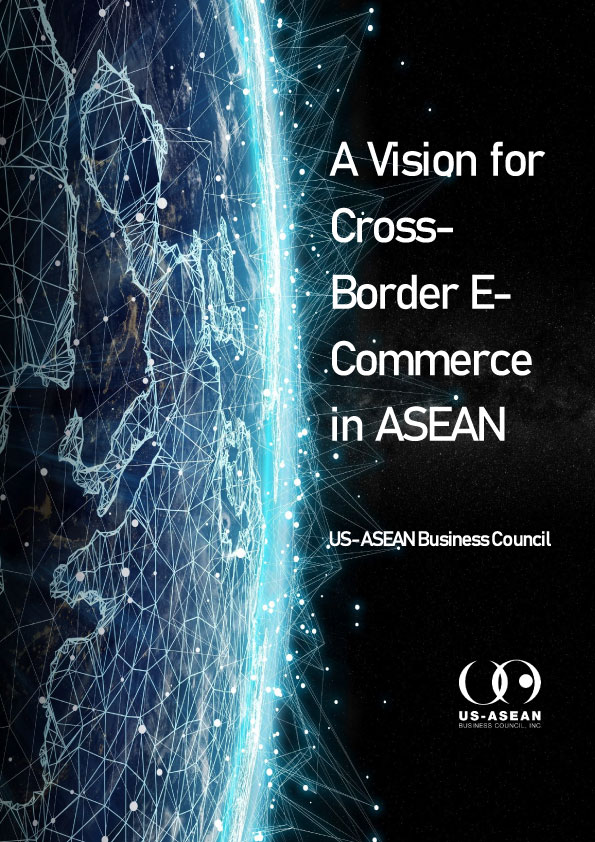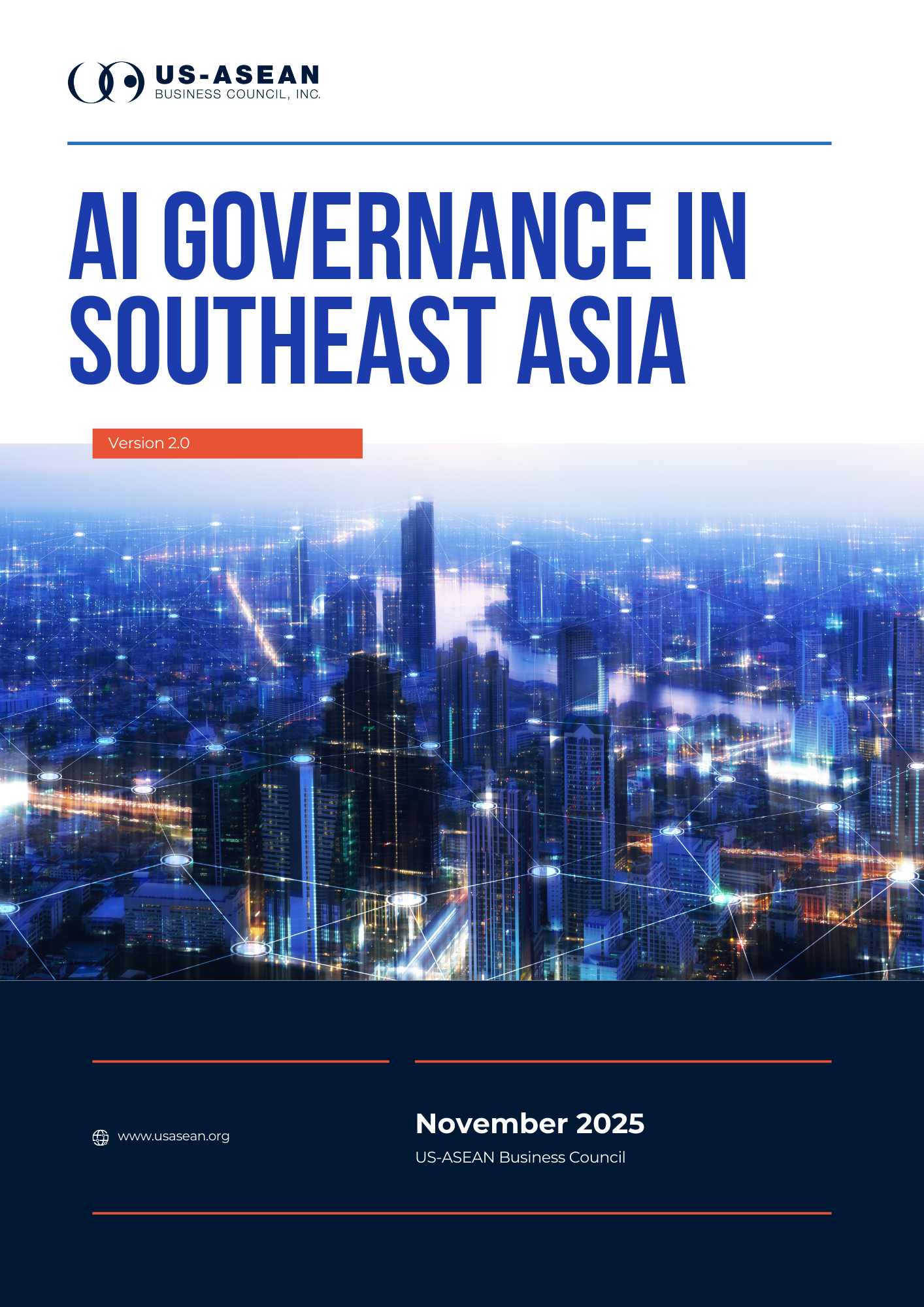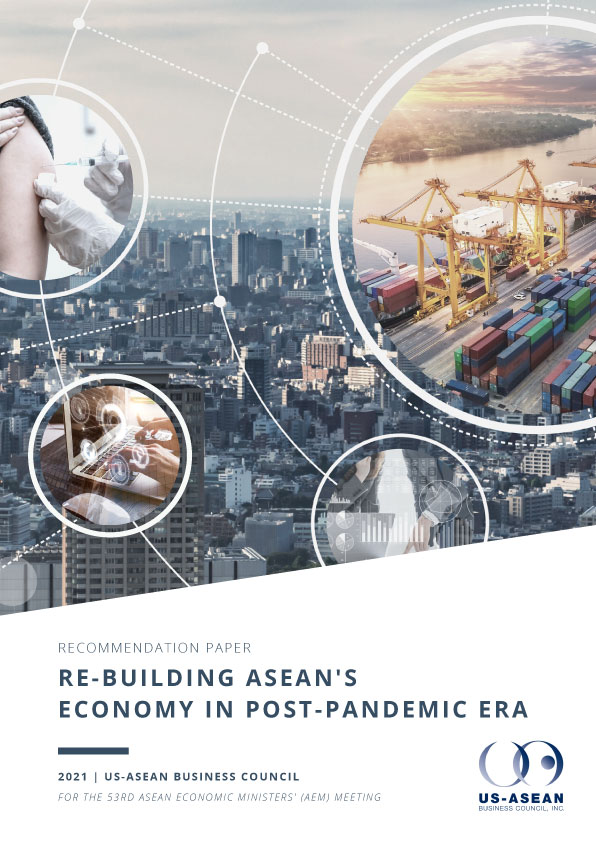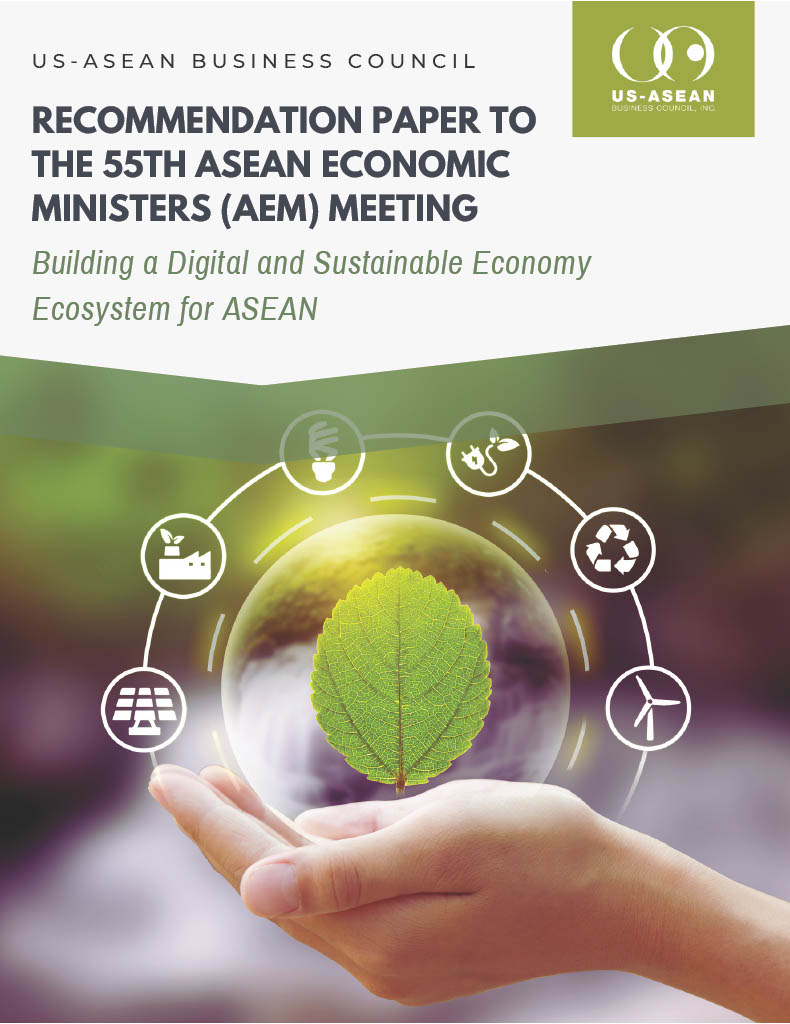Vietnam Launches Five-Year Pilot Program to Regulate Crypto Trading

Vietnam is entering a new phase in digital finance with the launch of a five-year pilot program to regulate cryptocurrency trading. Issued under Resolution 05/2025/NQ-CP on September 9, the program marks a decisive shift from an unregulated “gray area” to a tightly controlled framework aimed at formalizing the country’s digital asset market.
The five-year pilot program establishes strict, controlled guidelines for the issuance, trading, and payment of crypto assets. All crypto transactions must be conducted in Vietnamese dong (VND), and only licensed Vietnamese companies can operate trading platforms. These firms must meet stringent requirements, including a minimum capital of 10 trillion VND (approx. USD 379 million), with at least 65% from institutional investors. Foreign ownership is capped at 49%. Crypto assets must be backed by real underlying assets, excluding fiat currencies and securities. A six-month grace period will follow the issuance of the first license, after which trading on unlicensed platforms will be considered illegal for Vietnamese investors, subject to administrative or criminal penalties.
This pilot program builds on momentum from July 2025, when the National Assembly passed the Digital Technology Industry Law, officially recognizes digital assets and mandates domestic licensing for exchanges starting January 1, 2026. That same month, the government launched NDAChain, Vietnam’s national blockchain platform, and identified blockchain as one of eleven priority technologies for national development.
After years of caution from the central bank and other agencies, such a regulatory shift signals Vietnam’s willingness to align with global fintech standards while safeguarding national financial security.
Private sector engagement is accelerating. Financial institutions such as SSI, Techcombank Securities (TCBS), VIX Securities, MBBank, and VPBank are preparing to enter the market. Technology firms, including FPT, CMG, CTR, and VNZ are expected to support infrastructure, compliance, and blockchain services. MB Bank has partnered with South Korea’s Dunamu (Upbit) to establish a regulated exchange, while Tether is piloting USDT transactions for tourists in Da Nang, where Vietnam government recently invited Binance to set up its headquarters and work closely with Vietnam’s International Financial Center to deploy a digital asset exchange.
Vietnam’s crypto market is already one of the most active in Asia, with an estimated 17 million users and annual transaction volumes exceeding $100 billion—most of it occurring on offshore platforms like Binance and Bybit. Chainalysis ranks Vietnam third in the Asia-Pacific region, with market value reaching $220 billion and a 55% growth rate from July 2024 to June 2025.










